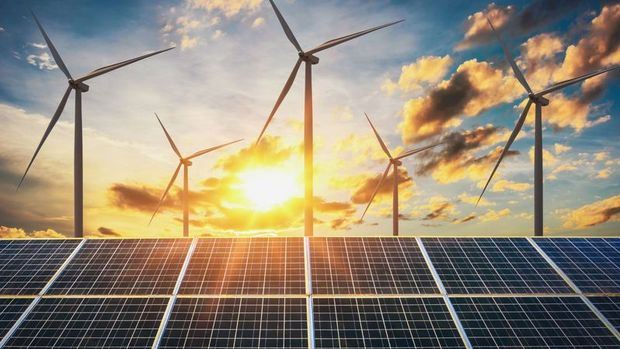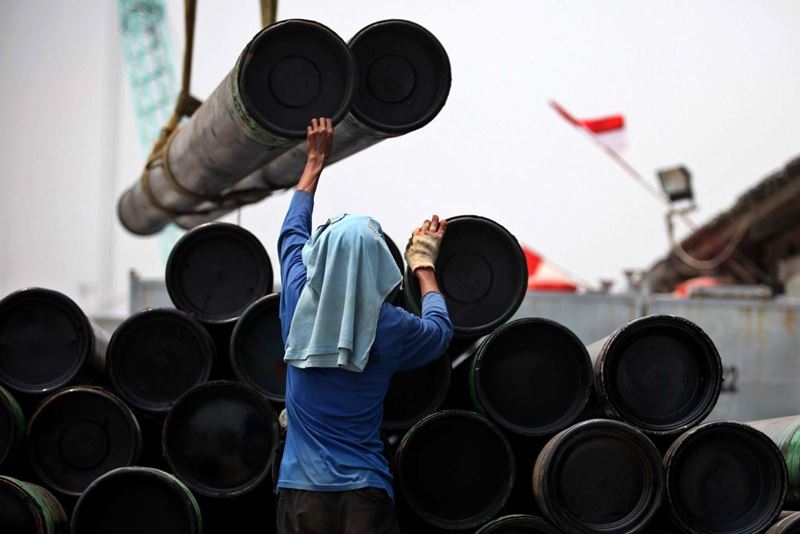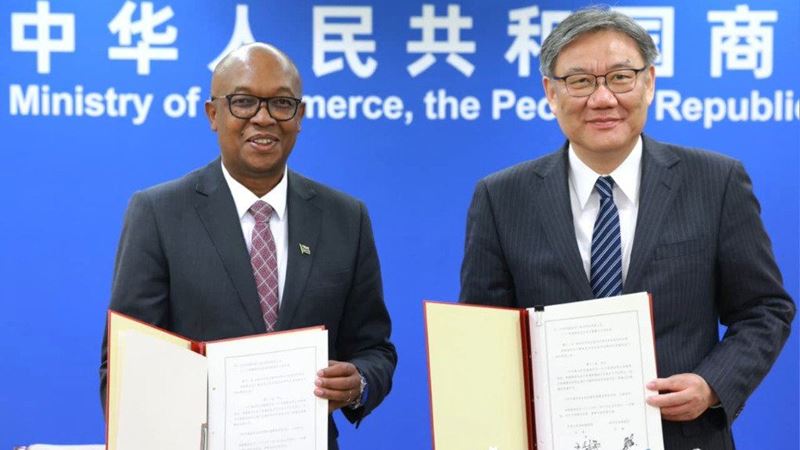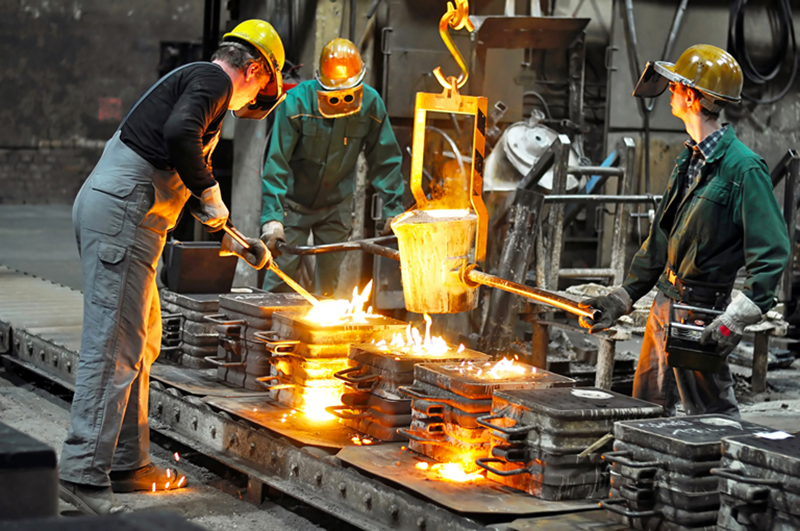The German Constitutional Court ruled on October 15 that the coalition government's decision to transfer 60 billion euros of unused loans from the Covid-19 pandemic (from the 2021 budget) to a climate fund was unconstitutional.
The ruling will now require the government to account for an additional 60 billion euros and cut spending elsewhere, including on climate incentives, due to disagreement between government partners on tax increases.
The court ruling, which prevents the German government from reusing unused Covid-19 pandemic funds for green projects and industrial support, has also raised concerns about the future competitiveness of German companies and job losses abroad.
As the government scrambled to overcome the budget crisis, Bernhard Osburg, Honorary President of the German Steel Association and Chief Executive Officer (CEO) of the steel division of Thyssenkrupp, the country's largest steel producer, warned at a press conference against converting billion-dollar projects in the steel industry into green production.
"Time is of the essence," Osburg said, emphasizing that politicians must now quickly find answers on how the industry's transformation can be reliably financed. Stating that the industry must now make decisions about investments with or without green transformation, Osburg emphasized that there is a risk of stopping investments and transformation projects with the budget crisis.
Osburg reminded that the German government promised help in transforming the industry towards decarbonization.
Osburg pointed out that it will be difficult to close the deficit in the government's budget after the decision of the German Constitutional Court, and said that the financing of the green transformation of industry is also at great risk.
Osburg stated that what needs to be clarified now is what the new situation means in terms of electricity prices, "Without industrial transformation, the climate targets set for 2030 cannot be achieved, without transformation, prosperity and resilience cannot be guaranteed."
Osburg called on the German government to organize a "transformation summit" this year and asked for representatives from industry associations, trade unions, federal states and civil society to attend the summit. Bernhard Osburg also suggested the establishment of a commission to develop concrete solutions after the summit.
Simone Peter, President of the German Renewable Energy Association (BEE), stated that renewable energies are the key to securing Germany as a production location and emphasized that renewable energy investors are found in all sectors.
"We now need clarity on the pace of expansion, the protection of the new electricity market and at the same time strengthening value creation in Europe," Peter commented.
The German steel industry employs about 80,000 people and about two-thirds of the country's exports are based on steel-based products.











Comments
No comment yet.